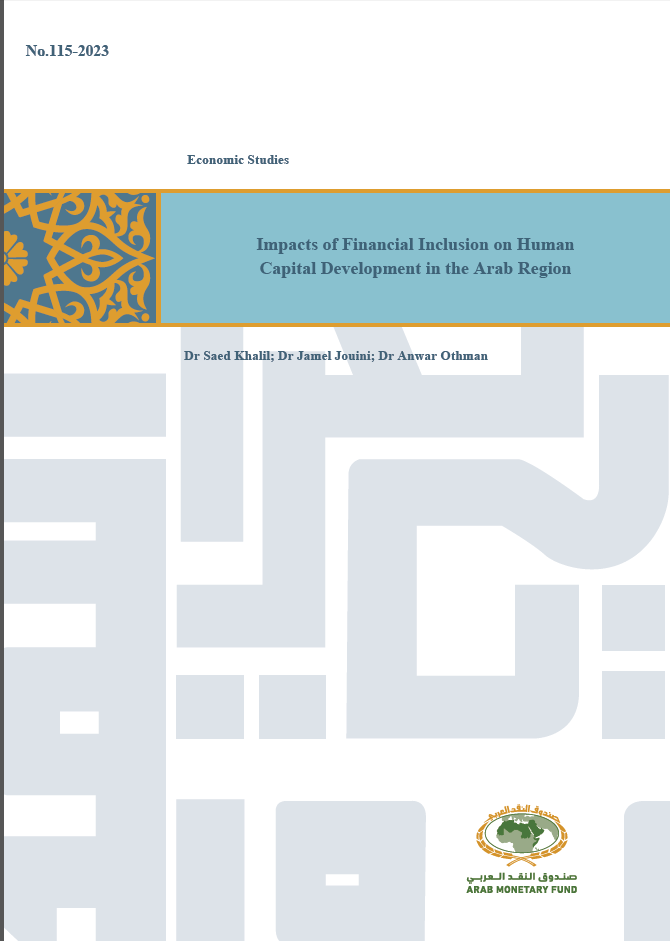This study investigates the impact of financial inclusion, proxied by the number of bank branches, on human capital development for 12 Arab economies over the 2004-2019 period based on the pooled mean group (PMG) approach in the framework of dynamic panel data models. The main finding is that financial inclusion enhances the human capital development in the considered countries over the long-run, which is aligned with the theory that the more people have access to financial services, the better their life conditions will be; and this is reflected in the levels of education, health, and thus human capital development. Additionally, the study finds that per capita income, government expenditure, population, and trade openness exert positive and significant effects on human capital development, while credit to the private sector is positive but not significant over the long-run. The empirical outcomes have important policy implications for authorities to improve the relationship between financial inclusion and human capital development in the Arab economies under consideration.
